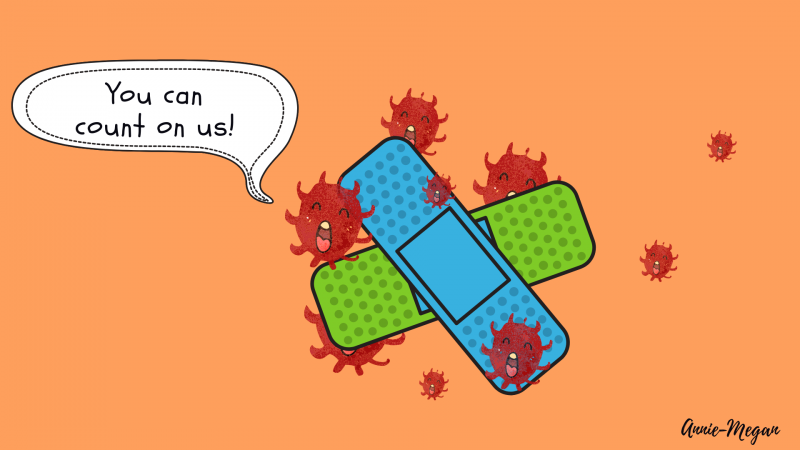The Power of the Platelets

Written by Arul Ganesh S S and distributed by neucrad health March 1, 2019
Our blood, the elixir of life, is an incredible mixture of cells and proteins. While the red blood cells, also called erythrocytes, carry oxygen to different parts of our body, the white blood cells help us defend ourselves against invading pathogens. Then there are platelets, which are cell fragments, which aid in clotting of our blood among other things. All these cells are suspended in the blood serum—a storehouse of vital proteins and electrolytes needed by our body.
If you have ever suffered from an infectious disease like dengue, your physician would have suggested getting your blood platelet count examined. In a healthy adult, the platelet count ranges from 150 to 450 billion platelets per litre of blood. Why is that count so important? The answer lies in role that platelets play. In cases where the platelet count drops to less than 150 billion, a condition called thrombocytopenia, it could result in easy bruising and frequent bleeding of the gums and the gastrointestinal tract. While this may not be a critical condition in most cases, it could result in spontaneous internal bleeding in some.
Apart from infections like dengue, platelet count could go down due to other conditions like blood cancer, severe bacterial infections, bone marrow problems, Vitamin B12 deficiency and dehydration. In such cases, treatments include platelet transfusion or medications that help improve the platelet count.
The next time you bruise yourself and notice that the blood stops oozing, thank your platelets for doing the right thing!
Image and news credit: Research Matters





